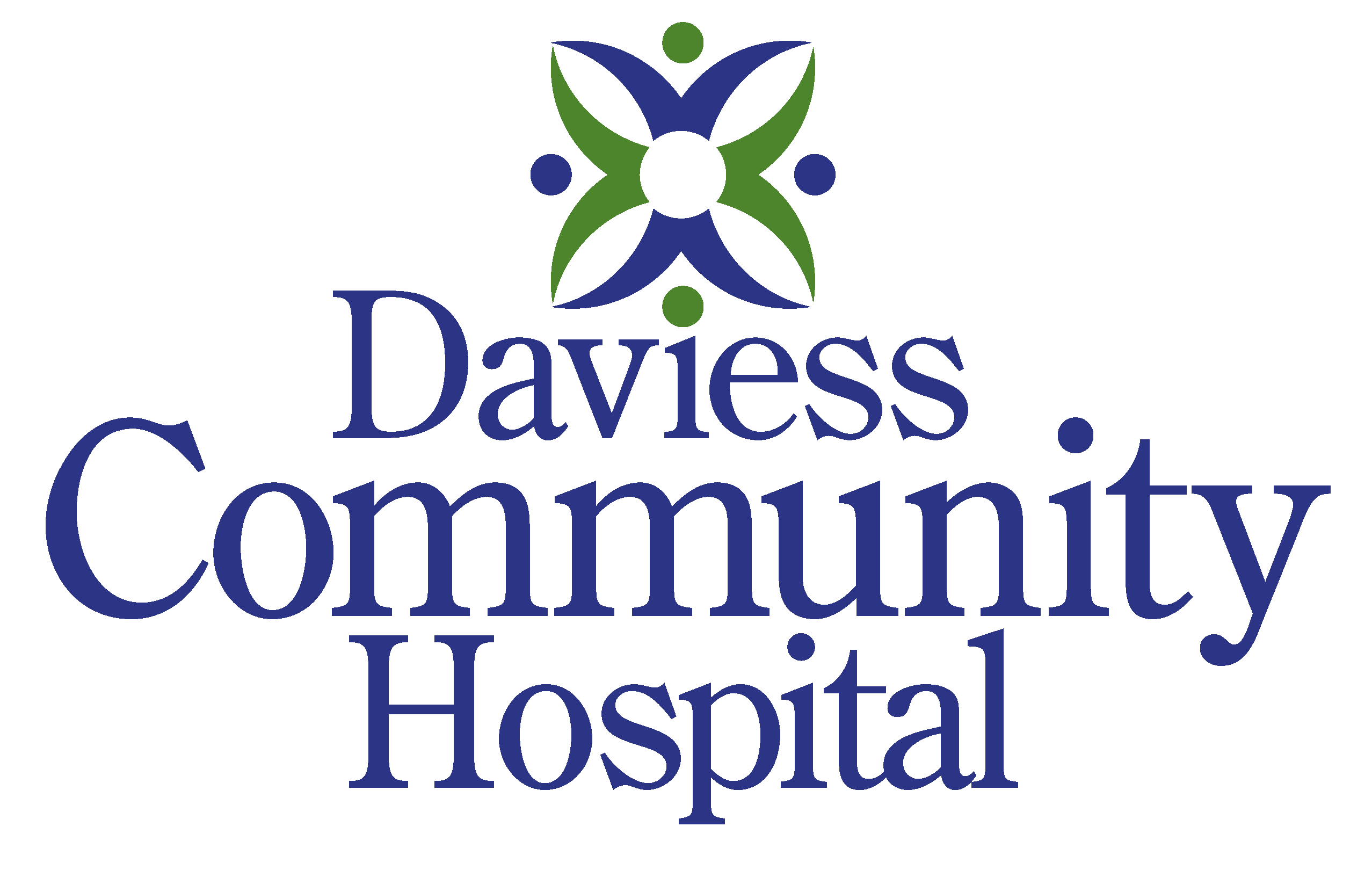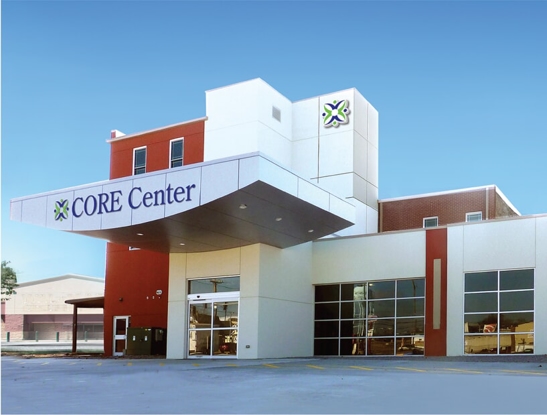
Pediatric Pelvic Floor Therapy
Gentle, evidence-based therapy for bedwetting, constipation, and bladder issues
At Daviess Community Hospital’s CORE Center, our pediatric therapy team helps children and families address urinary and bowel dysfunctions with a compassionate, child-friendly approach. We treat bedwetting (enuresis), constipation, overactive bladder, recurrent urinary tract infections, and pelvic floor coordination challenges using age-appropriate pelvic floor therapy, toileting routines, and caregiver coaching. Care is family-centered and available through CORE for children ages 4–18.
Medical concerns (such as UTIs) are always managed by your child’s pediatrician or specialist. Our role is to support bladder/bowel function, pelvic floor coordination, and healthy habits—and to work alongside your medical team.
Who may benefit
Pediatric pelvic floor therapy can help if your child:
- Wets the bed at night (enuresis) or has daytime accidents
- Has overactive bladder (urgency, frequency, rushing to the bathroom)
- Has constipation, painful bowel movements, or avoids the toilet
- Has a history of recurrent urinary tract infections
- Shows withholding behaviors or fear/anxiety around toileting
- Struggles with posture, coordination, or core strength affecting bathroom routines
If bathroom routines are stressful—or accidents continue past expected ages—an evaluation can help you understand what to do next.
How pediatric pelvic floor therapy helps
Our program focuses on behavioral, postural, and pelvic floor coordination strategies that are non-invasive and child-appropriate. Treatment is individualized and may include:
- Pelvic floor awareness and relaxation/activation through play-based activities
- Toileting schedules and healthy bladder/bowel routines that fit home and school
- Positioning and posture for more complete urination and bowel movements
- Breathing and core strategies (e.g., diaphragmatic breathing) to reduce straining
- Hydration and fiber education (general guidance) to support regularity
- Withholding and anxiety strategies to reduce fear and “holding” behaviors
- Caregiver coaching with simple home plans and school-day solutions
- Team coordination with your pediatrician, GI, or urology specialists as needed
What to expect
Evaluation
We review your child’s history, routines, and current concerns, then assess posture, pelvic floor coordination (via child-appropriate, non-invasive methods), core support, and daily habits.
Personalized plan
Together, we set clear goals and a visit schedule. Sessions are play-based and age-appropriate—building pelvic floor control, healthy toileting habits, and confidence. Caregivers receive practical tools to use at home and school.
Progress you can see
We track outcomes (accident frequency, urgency, stool consistency, routine success), adjust strategies, and coordinate with your child’s provider when needed.
Locations and scheduling
CORE Center | 421 E. Van Trees Street, Washington, IN
CORE Center at North Daviess | 800 S. West Street, Odon, IN
Call (812) 254-8889 to schedule a pediatric pelvic floor evaluation or ask about referral requirements.
Many insurers require a physician referral—our team can help you
determine next steps.
Families visit CORE from Daviess County and across Southern Indiana, including Washington, Odon, Jasper, Vincennes, Loogootee, Petersburg, and nearby communities.
FAQs
What age can my child start pelvic floor therapy?
Most children benefit beginning around
age 4–5, when communication and routines allow consistent practice. If you’re
unsure, call us—we’ll help you decide next steps.
Does therapy replace medical care for UTIs or severe constipation?
No. We work alongside your child’s provider. CORE focuses on
pelvic floor coordination, posture, routines, and habits that support bladder and bowel health.
How long does therapy take?
It varies by child and goals. Your therapist will outline a plan and expected
timeline after evaluation.
Will my child be comfortable during therapy?
Yes. Sessions are
non-invasive and play-based. We use child-friendly language and activities, and we coach caregivers
at every step.


